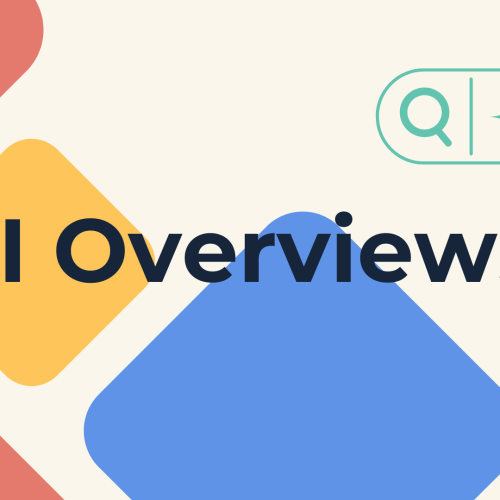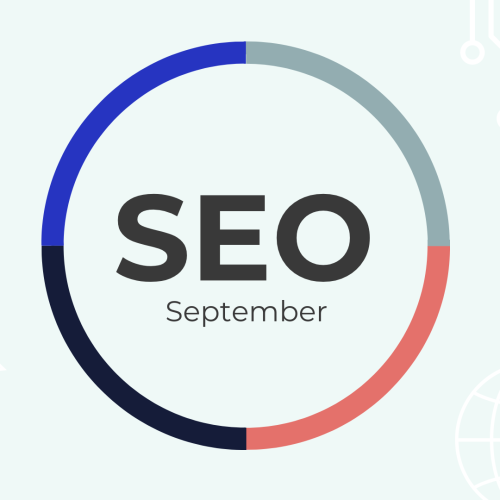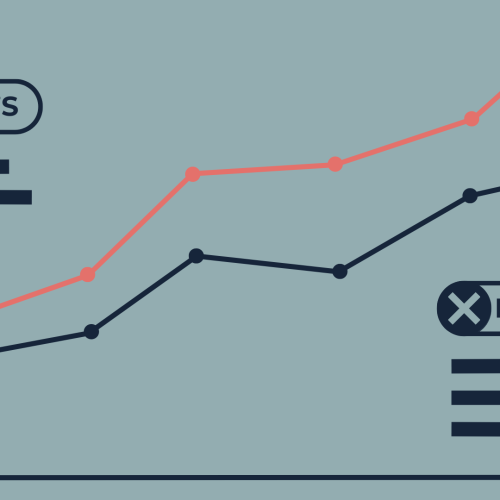Christian Doeleman-Lassen, Director of Digital Marketing Strategy, IIH Nordic
Debate article published in Børsen d. July 7, 2023
On May 10th, Google announced plans to integrate AI-generated answers into their search engine. When a behemoth like Google is coming up with a significant AI solution in their most popular service, we know we’re in for an everyday life with AI as a sidekick.
Google made a big deal about it, saying that “with this powerful new technology, we can open up entirely new types of questions that we didn’t think search engines could answer, and it will transform the way information is organized, helping us sort through and make sense of what’s out there.” Big words, but they’re right. AI will change our everyday lives – and it will also change the way Google works. Because with AI answers, we won’t have to search for very long, and it could change the entire dynamic of the internet.
We will click less
The new search engine is in the testing phase and I have been allowed to test it. The way it works is that we will be presented with an AI-generated answer at the very top of the search. To the right of the answer there will often be links to a number of related articles, and below the answer there will be suggestions for relevant follow-up questions. Here I can engage with the search engine and dive deeper into a topic, maintaining context from search to search. The AI answer takes up the majority of the screen, and there’s no doubt that finding my answer without having to click through will mean fewer visits to the traditional ten blue links in the search result. This will affect many businesses, and e-commerce, information and news companies will be forced to rethink parts of their business.
Information searches in particular will often be answered directly in the search result, and websites that answer these types of searches – such as Wikipedia and lex.dk – will be hit by major traffic drops. And that’s a challenge. If the sites that produce content lose traffic, they lose a large part of their business base. The collusion between website owners and search engines risks breaking down if the economics don’t work for content providers – and without content providers, AI models can’t learn new knowledge. They need to exist in
symbiosis.
Google’s business model under pressure
Google’s own business model is also under pressure to some extent, and perhaps that’s why they weren’t the first to come up with an AI solution. Google makes its living by serving ads and sending traffic to their advertisers. If the AI response is so in-depth that the user doesn’t need to click through, Google won’t make money either. We can therefore expect Google to either try to incorporate ad elements into their answers or ensure that advertisers remain prominently placed.
In the test version, the AI response does not appear on all searches, and on some searches the user has to click a button to see the AI response – and the most controversial topics are blocked. A smart move in a world where fake news is a big problem and Google will quickly be held accountable for controversial answers. A bigger problem, however, is that the robot rarely uses citations. The AI model has learned its answers by reading all kinds of sources, but cannot refer to any one of them – a common feature of Large Language Models.
The battle of the mastodons
The launch of ChatGPT in November 2022 and the subsequent “New Bing” from Microsoft, which incorporates ChatGPT functionality into search results, has put Google under pressure to show it can maintain its position as the world’s leading search engine.
Google, which has had a near monopoly on the search engine market for many years, is now being challenged from several sides. Bing has lived a peripheral existence with only a few percent market share, and it’s been hard to see where the competition to Google would come from. Then along came ChatGPT, which is not a search engine by default, but it’s easy to see how ChatGPT can quickly evolve into an assistant with search capabilities.
Where ChatGPT’s responses were initially very limited by the fact that all its knowledge was gathered two years earlier (and it had no concept of what had happened since then), it can now browse the internet and search for new and updated knowledge about everything you need in your everyday life. The latest update even gives it real-time information on everything from stock prices, flights and apartments for sale.
We have long lived with the fact that Google works in a certain way, and we take that into account when we search for knowledge. But AI will change the whole game. Both for us and for the tech giants. It won’t go quietly, and it could change the balance of power between the many players who rely heavily on search and traffic. We’re looking into a whole new internet of search.







